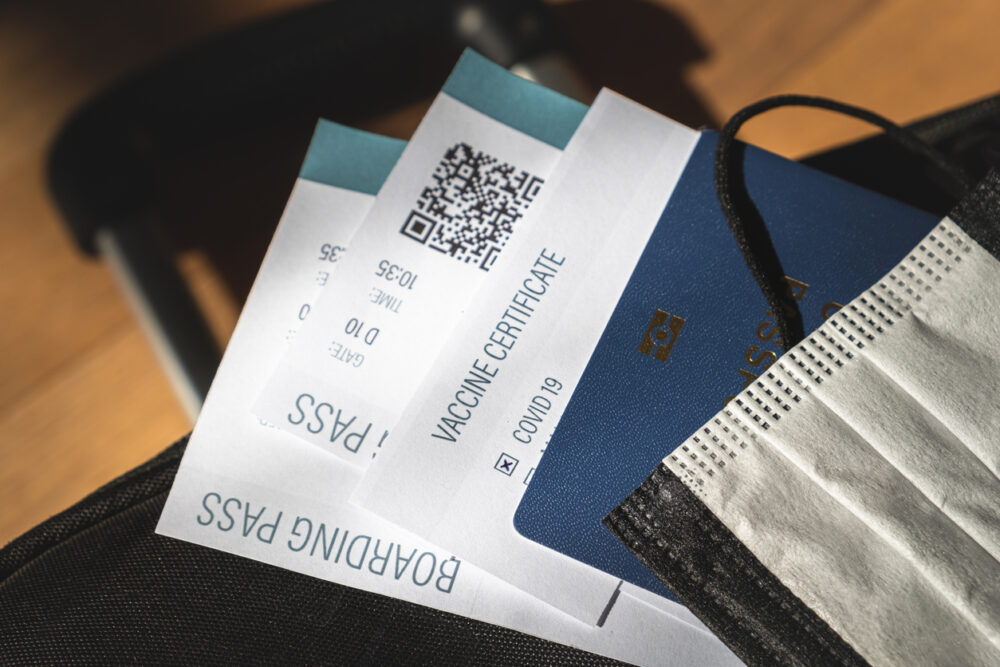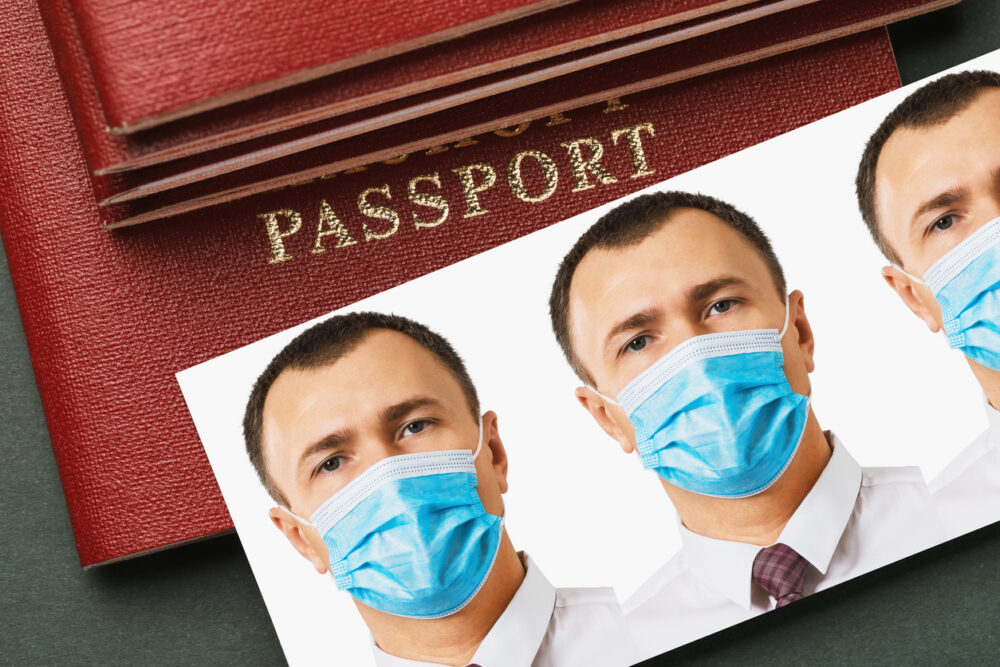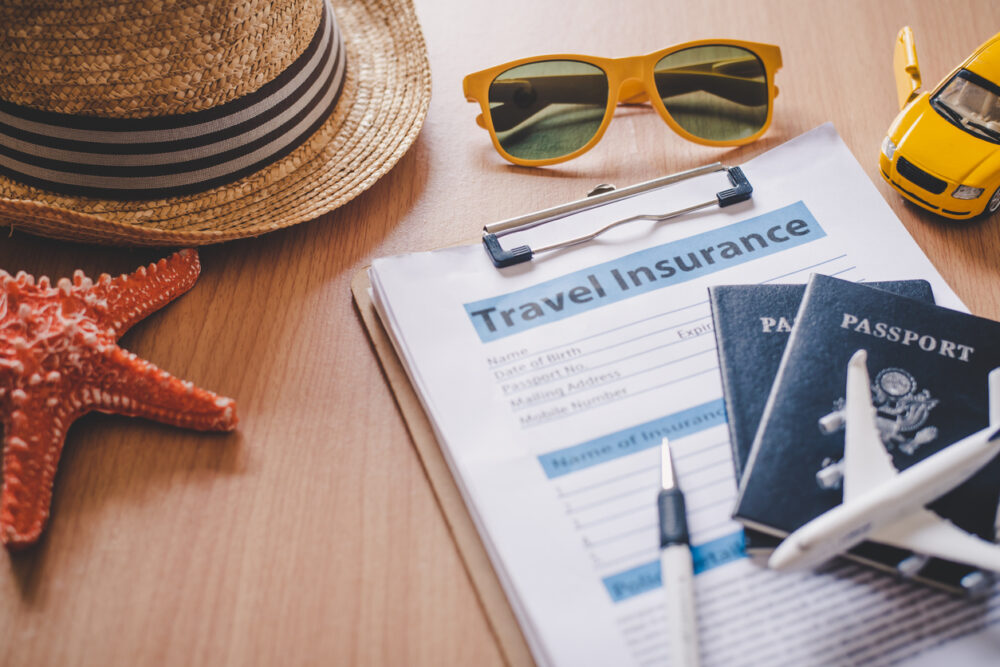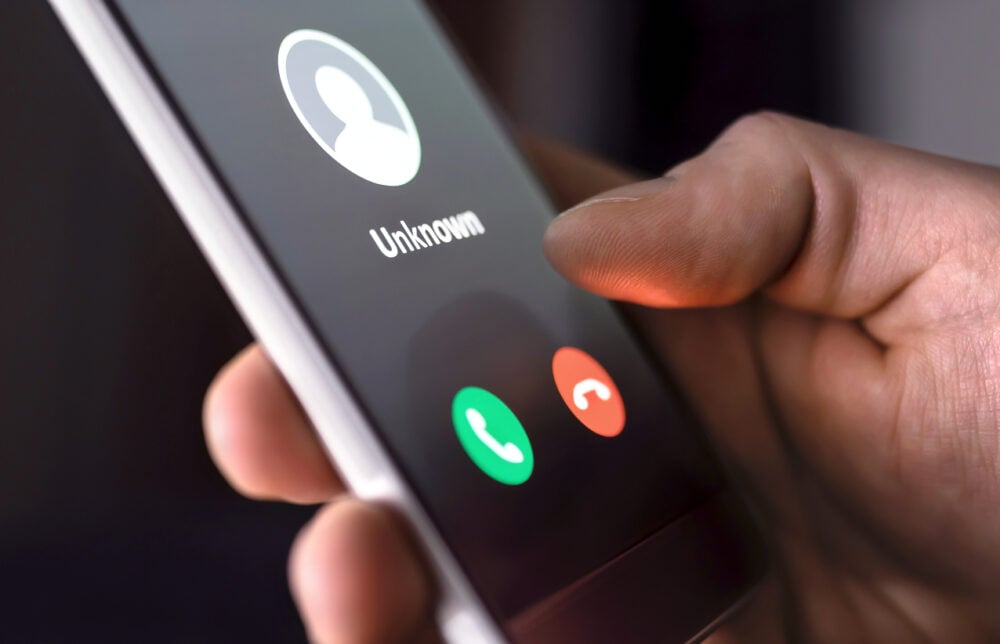You can survive losing your passport—it just takes the right moves.

Losing your passport in a foreign country can turn a perfectly good trip into a whirlwind of anxiety, confusion, and frantic backtracking. It’s one of those travel mishaps that feels like a total disaster in the moment, especially if you’re far from a consulate or don’t speak the local language. But the truth is, there are steps you can take to get back on track without letting it ruin your experience—or your return flight.
This isn’t about pretending it’s no big deal. It is. But panicking won’t get you anywhere faster. Knowing exactly what to do in the hours and days after you realize your passport is gone can make all the difference. From filing reports to contacting the right people, each move you make matters. If you’re prepared and stay focused, you’ll be holding a temporary passport and sipping coffee at the airport in no time.
1. Take a breath and confirm it’s really lost.

The first instinct is panic, but before you jump to conclusions, take a deep breath and retrace your steps. Check every bag pocket, jacket lining, and travel pouch. Go back to the last few places you visited—hotel room, café, train station—because passports have a way of hiding in plain sight when you’re rushed or distracted. Sometimes, it’s just a simple case of thinking you lost it when it’s tucked behind a receipt or folded into a guidebook.
If you’re staying in shared accommodations or using public transport, ask the front desk, concierge, or transit authorities. Travelers often turn in lost passports, thinking they’re doing a good deed, authors at PacSafe mentioned. It’s worth a few calls or visits before you jump into full crisis mode. A 30-minute search now could save you hours of paperwork later. And honestly, giving yourself that pause might help you think more clearly about what to do next.
2. File a local police report right away.

Once you’re certain the passport is gone, the next smart move is to file a report with the local police. It’s not just a formality—it creates an official record that your passport is missing. This report might be required later by the embassy, and if your passport ends up in the wrong hands, the report protects you from potential misuse. Be patient if there’s a language barrier, and don’t expect speedy service, especially in rural areas, Brandi Gratis of Nulab.com reported.
If the station feels intimidating or chaotic, ask your hotel or hostel staff to help translate or go with you. Bring any form of ID you still have and write down all the details—where you last had it, what the passport looks like, any unique features. Keep a copy of the report for your records. You’ll need it to get a replacement passport and to show immigration officials if they question your identity later on.
3. Contact your country’s nearest embassy or consulate.

Getting in touch with your country’s embassy or consulate is the big step that gets the ball rolling toward a solution. They’re the only ones who can issue you a temporary passport or emergency travel document. Most embassies have 24-hour lines for emergencies, so don’t wait until morning if you’re in a different time zone or if your flight is coming up soon.
They’ll ask for details about your lost passport and may need your police report number, passport photos, and identification documents. If you don’t have any ID left, don’t panic—embassy staff can still verify your identity through other means, like scanning your previous passport data or asking for help from someone back home, experts at Travel.State.Org stated. It might not be quick, but their job is to get you home, and they’re good at it. Stay calm, stay polite, and ask exactly what documents you need.
4. Gather any alternative identification you still have.

Even if your passport is gone, anything with your name, photo, or signature can help prove who you are. This could be a driver’s license, student ID, photocopies of your passport, or even travel documents like boarding passes and hotel reservations. The more pieces of the puzzle you can offer, the faster your embassy can confirm your identity and issue your replacement.
If you’ve stored backup copies of your documents in the cloud or your email, now’s the time to access them. A scanned copy of your passport is especially helpful—it speeds things up and can reassure officials that you’re really who you say you are. Don’t underestimate how useful even a screenshot can be when things get complicated. Keep everything organized and accessible, preferably in digital and printed form, just in case Wi-Fi or printing services are hard to find.
5. Get new passport photos taken as soon as possible.

You’re going to need passport photos for any emergency travel document or replacement passport, so take care of that early. Many embassies don’t offer photo services, and finding a place that meets passport photo guidelines—especially in smaller towns—can be a headache. Look for photo booths in train stations, pharmacies, or electronics stores, or ask your hotel staff for nearby options.
Be sure to follow the photo rules: neutral expression, plain background, and the right size. Some countries are stricter than others, and submitting the wrong kind of photo could delay your replacement. It’s smart to get two or three copies while you’re at it. Keep one with your temporary documents and another tucked away just in case something else goes missing. Having the photos ready when you arrive at the embassy shows you’re prepared—and it can save you a return trip later.
6. Notify your airline in case of delays or changes.

If your travel schedule is about to be impacted, get ahead of it by informing your airline. Let them know you’ve lost your passport and are working with your embassy to resolve the situation. Most airlines have procedures for these kinds of emergencies, especially if you’re close to your departure date. They may allow you to rebook without penalties or give you extra time to sort things out.
It’s also worth asking what kind of ID they’ll accept if you’re flying domestically or traveling to your home country with a temporary passport. In rare cases, they’ll make notes in the system to alert check-in agents about your situation. Staying in communication with your airline gives you more options, and it can take the pressure off as you handle everything else. The more people you keep in the loop, the easier it is to adapt.
7. Stay in one place while your new passport is processed.

Once the paperwork is submitted, you’ll need to stick around until your emergency passport is ready. Depending on the embassy, this might take a few days, so find a safe and affordable place to stay nearby. Avoid hopping between towns or heading out on day trips, even if it’s tempting. If the embassy calls you in for follow-up questions or an earlier pickup, you’ll want to be reachable and available.
Use this downtime to rest, regroup, and plan your next steps. You can still explore the local area, but keep your phone on and check your email frequently. If you’re on a tight budget, consider hostels, short-term rentals, or contacting local expat communities for tips on inexpensive lodging. Your passport might be missing, but that doesn’t mean your entire trip has to feel like a disaster. Lean into the pause—it’s temporary, and you’re almost there.
8. Contact your travel insurance provider.

If you bought travel insurance (and hopefully you did), now’s the time to use it. Many policies cover lost passports under “travel assistance” or “loss of documents.” Call or message the provider as soon as you can to start a claim or get advice. Some companies even offer concierge-style help—like guiding you to the nearest consulate or helping you replace lost items.
They may also reimburse you for extra nights in a hotel, new passport photos, or emergency transportation to an embassy. Just be sure to keep all receipts and document every step. The smoother your paper trail, the faster the claim. Even if the payout is small, it’s something—and peace of mind during a stressful situation is worth a lot. Most importantly, knowing you have that safety net can shift your mindset from panic to action.
9. Watch out for scams targeting stranded travelers.

Unfortunately, losing your passport can make you a target for scams. Some people hang around embassies, police stations, or hostels looking to take advantage of stressed-out travelers. They might offer to “help” for a fee, pretend to be embassy staff, or suggest a shady workaround to get you a replacement faster. Stay alert and don’t hand over cash or documents to anyone who isn’t clearly authorized.
Always deal directly with the embassy, the police, or your airline. If someone approaches you offering passport recovery services or secret shortcuts, walk away. Desperation makes people vulnerable, but you’re smarter than that. If something feels off, trust your gut. You’re dealing with a real problem—you don’t need fake helpers turning it into a bigger mess. Keep your head clear, your valuables close, and ask for identification before taking any assistance.
10. Inform someone back home who can support you.

Having someone back home who knows what’s going on can make things feel a lot less overwhelming. Reach out to a trusted friend or family member and explain the situation. They might be able to fax or email documents to the embassy, verify your identity, or just be that calm voice you need when stress levels are high.
They don’t need to fix everything—just having them in the loop gives you backup. It also helps if you lose access to your phone or email, or if the embassy needs to speak to someone familiar with your background. Share your location, embassy contact info, and a quick timeline of what you’re doing. Knowing someone’s got your back makes a tough situation feel a bit more manageable.
11. Use the experience to upgrade your future travel prep.

Once you’ve made it through the chaos, take a few minutes to think about what you’d do differently next time. Losing a passport is a hassle—but it can also be the thing that pushes you to become a smarter, more prepared traveler. Maybe you start keeping digital backups of everything, or maybe you finally invest in that travel pouch you always thought looked nerdy.
This kind of mistake doesn’t have to define your trip. It can sharpen your instincts and give you confidence you didn’t have before. The next time you travel, you’ll double-check your documents without even thinking about it. You’ll know where your embassy is and how to stay calm when plans go sideways. It’s a hard-earned lesson, sure, but it might just be the most useful souvenir you bring back.
